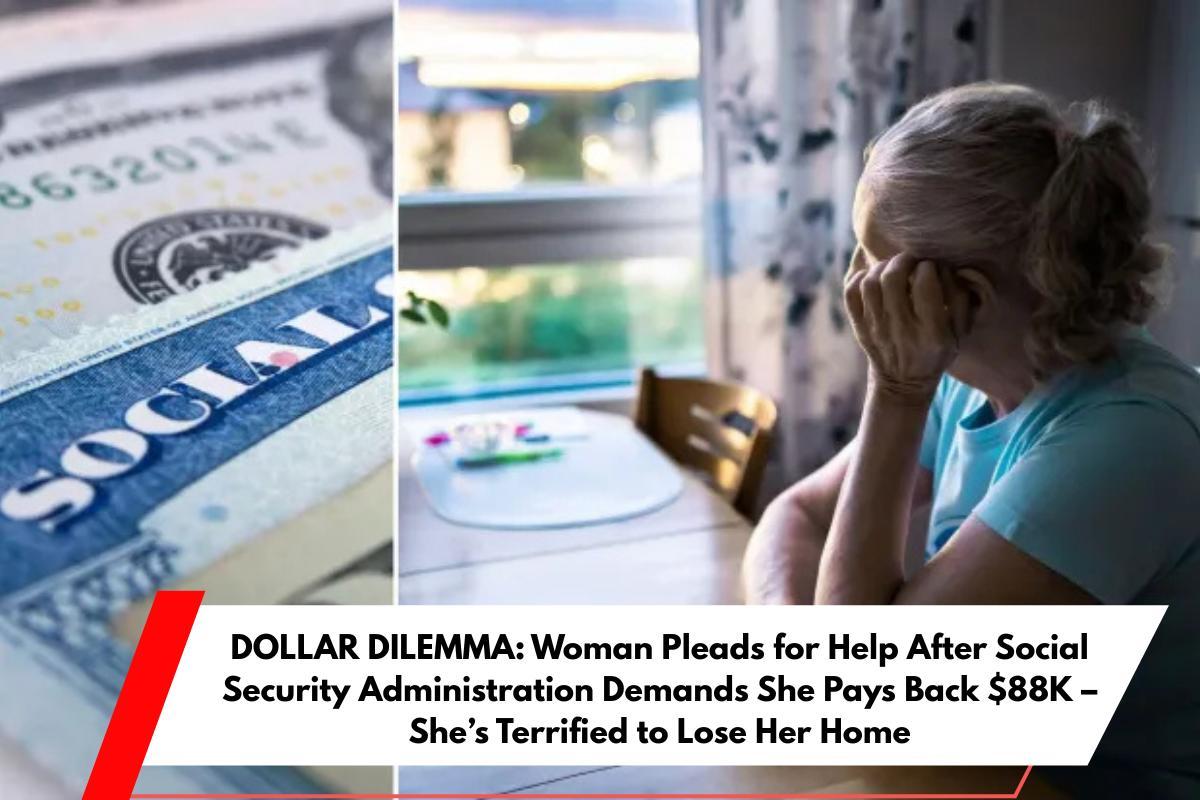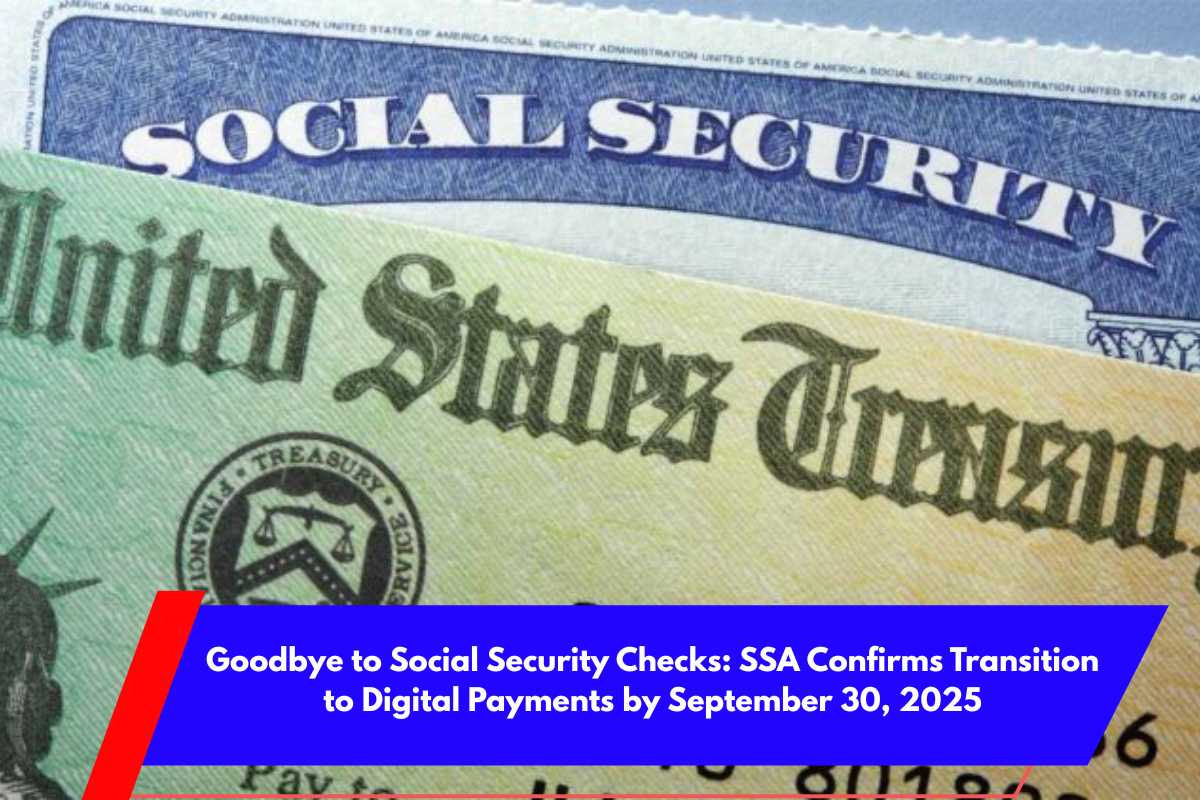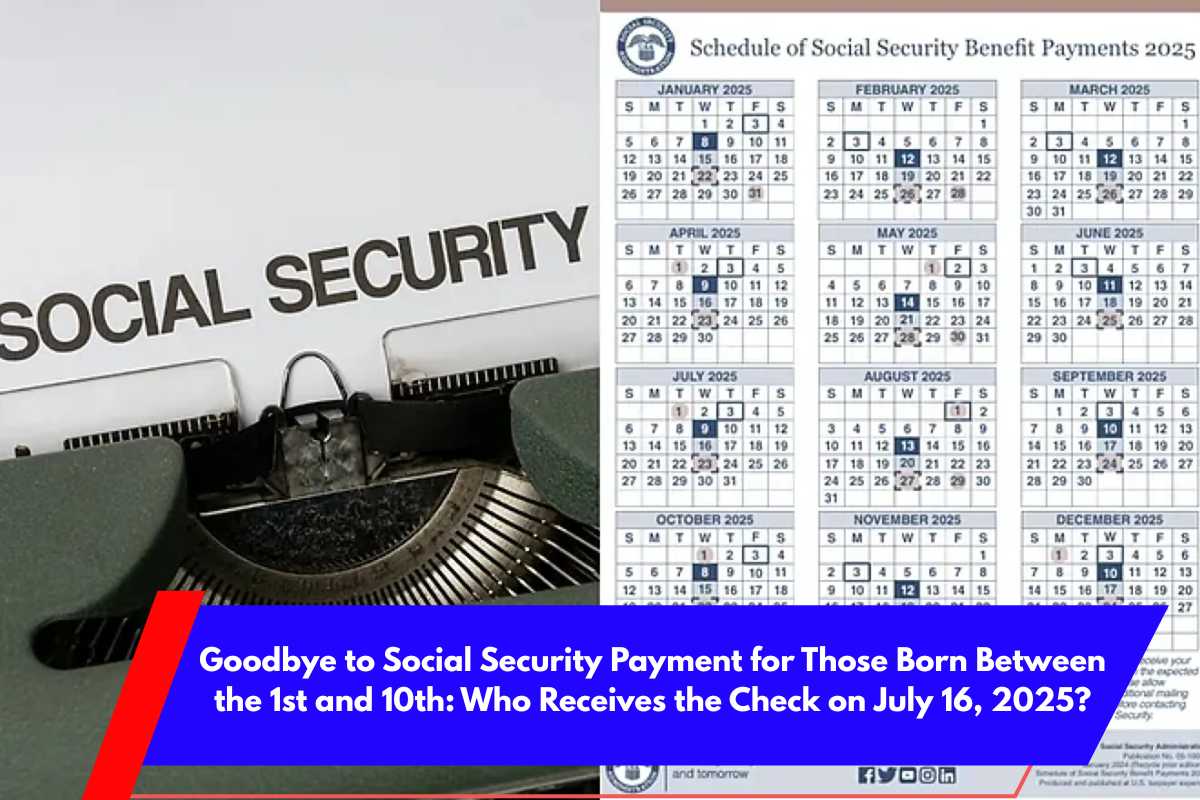A 73-year-old woman is desperately seeking help after receiving a shocking demand from the Social Security Administration (SSA) to repay $88,734 in overpaid benefits.
Ruth, who had been collecting her deceased husband’s benefits, was blindsided by the SSA’s claim that she was ineligible for those payments due to her pension. With the fear of losing her home hanging over her, Ruth is speaking out about the nightmare she’s facing as the SSA demands she pay back the money.
The Overpayment Nightmare
Ruth’s experience is not an isolated case. She received a letter from the SSA in May 2021, demanding the repayment of a huge sum she never anticipated.
Despite providing all the necessary documentation and going through the process with the SSA, she was told she owed this staggering amount due to a pension she had, which allegedly disqualified her from receiving her husband’s Social Security benefits.
Ruth filed an appeal, but due to the pandemic and long delays at SSA offices, she never received any further communication.
“I went through all the process with the SS office, brought in all documents that were needed by them, and nothing was ever told to me by them that I was not able to collect,” Ruth explained, expressing her shock and frustration. “Now they are threatening me. Please help!”
Ruth, already dealing with the financial stress of a health crisis—she had suffered a heart attack and undergone triple bypass surgery—now faces a crushing financial burden. She has begged for assistance, fearing she could lose her home if forced to pay back the large sum. Unfortunately, her story is just one of many.
How Did This Happen?
Overpayments occur when the SSA pays a recipient more money than they are entitled to, often due to issues such as:
Failure to report changes in income, living situation, or medical condition.
Mistakes made by the SSA in calculating benefits or processing information.
In Ruth’s case, it was a miscommunication about her eligibility for benefits due to her pension. However, other beneficiaries have found themselves in similar situations, often without clear explanations from the SSA or any apologies for the errors made.
The SSA goes to great lengths to recoup overpayments, which can include withholding future benefits. Ruth’s fear of losing her home stems from the SSA’s threat to withhold a significant portion of her benefits, potentially halving her future payments.
The SSA’s New Policy: 50% Withholding
Starting in April 2025, the SSA will begin issuing overpayment notices and will withhold up to 50% of a recipient’s benefits if they owe money.
Previously, the SSA announced that 100% of monthly payments would be withheld until the overpayment was fully recouped, but it has since shifted to the 50% withholding rate, which will go into effect around July 2025. This new policy will be especially hard on low-income retirees who depend on their full Social Security benefits.
Ruth, like many others, finds herself caught in this complicated and often frustrating process. Many seniors are left scrambling to find help, but with limited resources and guidance from the SSA, it can feel like an insurmountable challenge.
Ruth’s Struggle is Not Unique
Ruth’s case highlights a troubling trend where seniors are hit with unexpected, large overpayment demands, often due to errors made by the SSA.
These payments can sometimes amount to tens of thousands of dollars, forcing beneficiaries to pay back sums they may have already spent on daily living expenses. The SSA’s aggressive attempts to recoup overpayments can lead to serious financial distress, including the threat of losing one’s home.
The SSA’s failure to communicate clearly and promptly about overpayment issues—coupled with long delays and confusing policies—has left many seniors feeling overwhelmed and vulnerable.
What Can Be Done?
For seniors like Ruth, it’s crucial to stay informed and seek assistance. There are organizations, such as the National Consumer Law Center (NCLC) and local legal aid groups, that can help beneficiaries navigate the complex overpayment process. Beneficiaries should also contact the SSA directly to appeal overpayment claims and request an alternative repayment plan.












